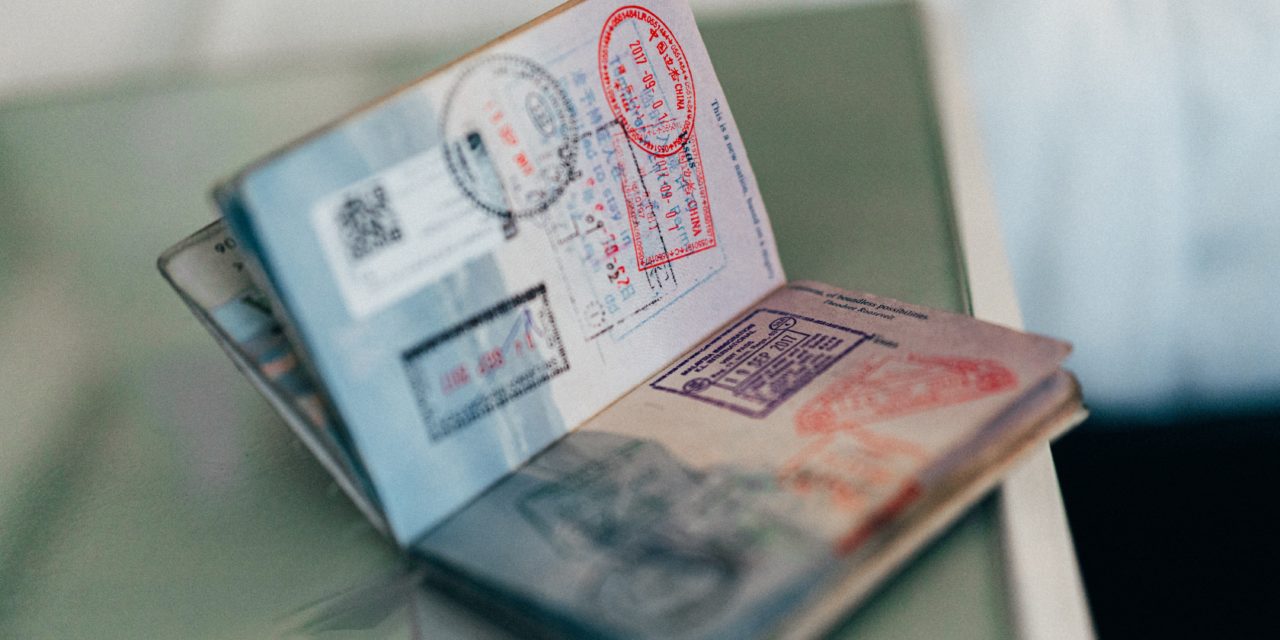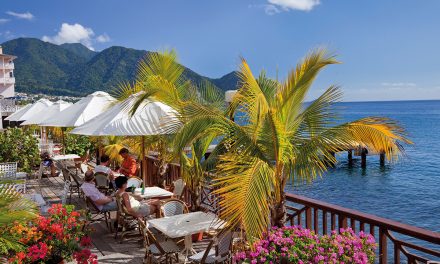Once the proud owners of one of the world’s most powerful passports, the citizens of the United States now find themselves in an undesirable position. Thanks to the country’s poor response to COVID-19, very few countries are putting the proverbial welcome mat out.
The US passport has always symbolised the ultimate level in travel privilege. However, a US passport now provides access to just 158 destinations in 2020. It is down from 185 visa-free or with visa-on-arrival destinations in previous years, rendering the document no more powerful than a Mexican one used to be before the pandemic.
According to Conde Nast Traveler, the index is based on data from the International Air Transport Association. Usually, the US ranked at sixth or seventh but now, thanks to what is cited as its poor handling of the pandemic, it is almost on the same level as the South American nation of Uruguay, ranked 28th with visa-free travel to or with the option of getting a visa on arrival in 153 states.
EU Excludes the US from Entry
The EU recently released a list of countries whose residents would be granted entry based on their COVID-related health and safety measures. The US, however, was notably excluded from the list, as were Brazil and Russia.
“It comes as no surprise that UK, Denmark, Sweden, Finland, Germany, Luxembourg, France, Italy and the Netherlands have been amongst the Top 5 most powerful passports ranking for the last decade. Over the years,” the 2020 passport index stated.
Also joining the ranks are Japan and Singapore, but judging by the list, all European Union nations have continued to remain strong, consistent, and stable at the top.
Global Mobility with Citizenship by Investment
The passport rankings measure not only social or economic power but also the freedom to travel. As parts of the globe cautiously begin to open up, the spotlight is on what travel freedom and global mobility will mean in a post-COVID-19 world.
The majority of Caribbean islands are reopening to US tourists by the end of summer, with nations like Dominica and St Kitts and Nevis seeing a marked increase of passport power. The countries offer enticing Citizenship by Investment (CBI) programmes, with St Kitts and Nevis having made the most significant stride, gaining nine additional visa waivers in 2019.
Dominica, in particular, has been rated the best CBI Programme four years in a row by the CBI Index, a publication by Financial Times’ PWM magazine. The Programme offers citizenship to well-vetted applicants in exchange for a contribution to a government fund, or investment in pre-approved real estate. Thus, CBI Programmes attract many high-net-worth-individuals around the world who are looking to gain a second passport and expand their investment portfolio. Dominica has no restrictions on time permitted to visit or leave the country and offers safety, security and political stability.
Aside from offering visa-free access to hundreds of countries, CBI programmes open a world of investment opportunities, helping families and individuals plan their global citizen strategy. The passport application process is also seamless. With very few hurdles and quick processing time, they allow one entry to their new country of citizenship even when no travel is permitted.
One of the main attractions of CBI programmes in both Dominica and St Kitts and Nevis are their robust health systems that automatically becomes available to successful CBI applicants. For years, health initiatives funded by CBI have carved significant in-roads for the health and medical sector of these nations with investors personally contributing to the prosperity and longevity of the healthcare systems in the future.
Nonetheless, one of the most compelling benefits CBI offers investors and their families is the granting of the freedom of global mobility, demonstrating that the value of a passport has unequivocally become a global trend.
- Britain Set to Release the First Approved COVID-19 Vaccine in Coming Weeks - 6th December 2020
- 11 Most Cinematic Couples to Ever Grace the Silver Screen - 18th November 2020
- Iconic Brands That Have Prospered for Over 100 Years - 16th November 2020






